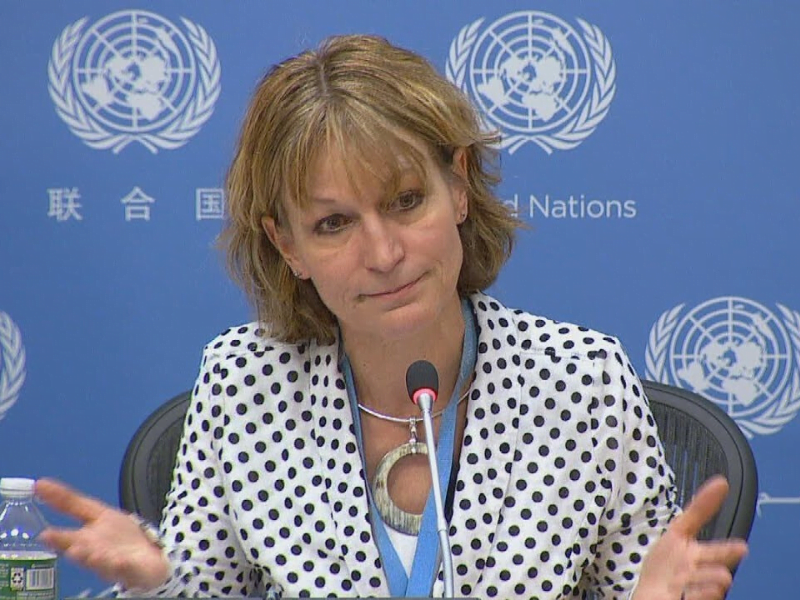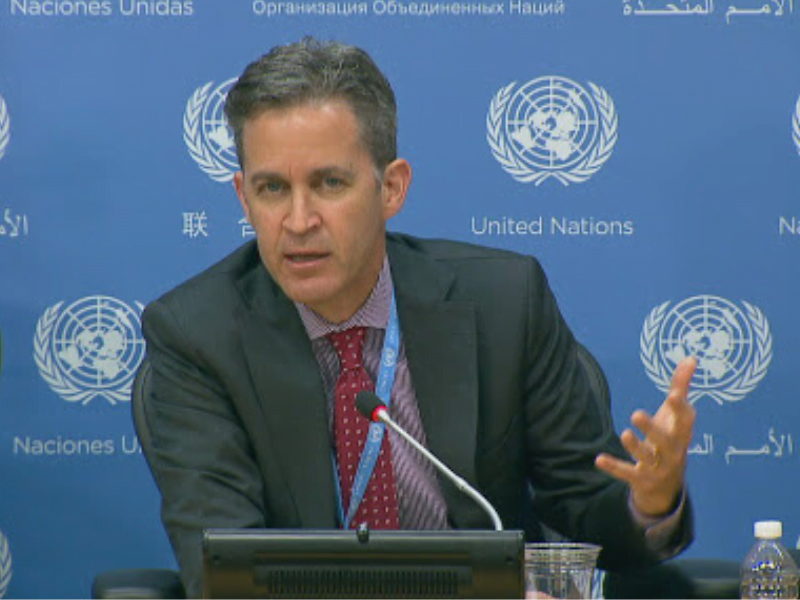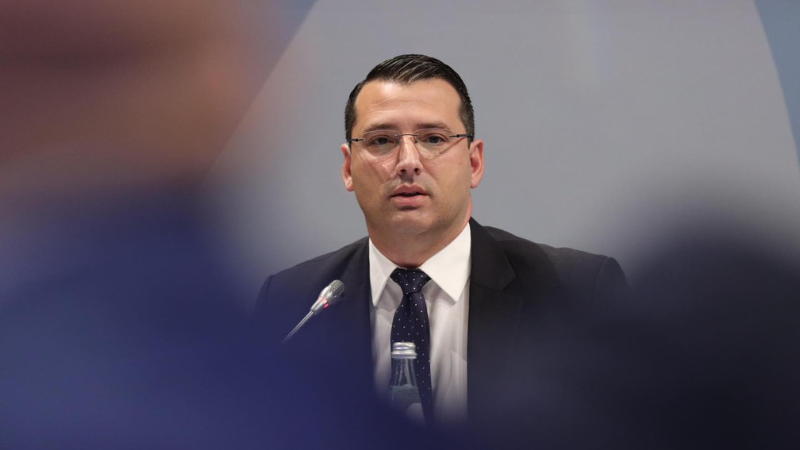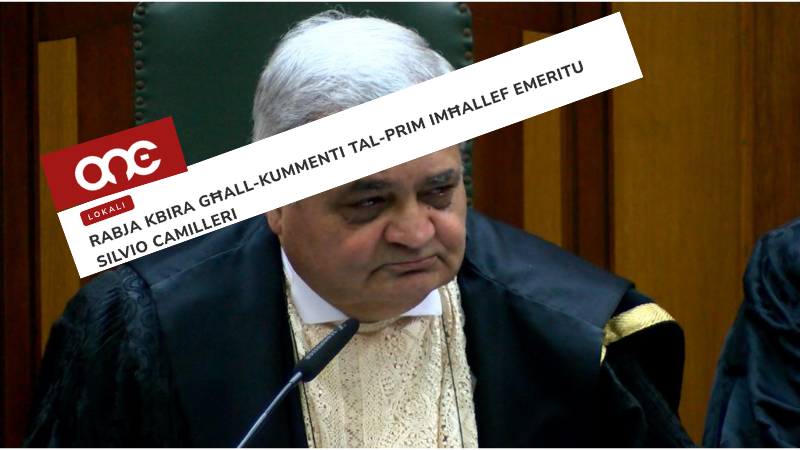UN experts have expressed concern about allegations of the involvement of the Saudi Crown Prince in the phone hacking of Jeff Bezos, owner of The Washington Post, through an invasive spyware kit created by an Israeli firm linked to a Maltese passport buyer Anatoly Hurgin.
Bezos owns the newspaper that used to publish the columns of murdered journalist Jamal Khashoggi. The possible involvement of the Crown Prince in the surveillance should be seen as an effort to influence, if not silence, the newspaper’s reporting of Saudi Arabia, UN Special Rapporteurs Agnes Callamard and David Kaye said in a statement.
Forensic analysis revealed that that the malware used to hack Bezos’ mobile phone was likely the same as that used in other Saudi surveillance cases, called Pegasus.
Described by Forbes magazine as “the world’s most invasive mobile spy kit”, the software, which was designed by the NSO Group, works by sending a message to the target phone, including a link. When the target clicks the link, Pegasus infiltrates the phone and collects all communications and locations, including communication sent through iMessage, Gmail, Viber, WhatsApp, Telegram, and Skype.
Earlier this week, Ben Hubbard, the Beirut Bureau Chief for The New York Times, said that he was also the victim of an attempted hacking on his mobile phone.
I got a weird SMS.
I didn't click.
Researchers concluded it was a hacking attempt with Israeli software by hackers linked to Saudi Arabia.
Saudi officials: no comment.
The Israeli company: not all hack attempts use our products.
Be careful out there, kids.https://t.co/IY40RUvlOp— Ben Hubbard (@NYTBen) January 28, 2020
Last year, WhatsApp filed a lawsuit against the NSO Group, which denied having used the platform to send the spyware to some 1,400 devices.
The company is linked to alleged financial fraudster Anatoly Hurgin who purchased Maltese citizenship and is facing charges of fraud, smuggling, and money laundering in Israel, as well as five violations of US federal law for defrauding shareholders of a Florida-based company.
“The circumstances and timing of the hacking and surveillance of Bezos also strengthen support for further investigation by US and other relevant authorities of the allegations that the Crown Prince ordered, incited, or, at minimum, was aware of planning for but failed to stop the mission that fatally targeted Khashoggi in Istanbul,” the experts said.

Agnes Callamard, UN Special Rapporteur on summary executions and extrajudicial killings. Photo: UN/YouTube
Freedom of expression organisation Article 19 supported the call and demanded an immediate independent investigation to determine the truth.
“This is a particularly egregious example of spyware sold by private companies being used to illegally surveil and intimidate journalists, media owners and human rights defenders,” acting Executive Director Quinn McKew said.
ARTICLE 19 supports calls by UN experts @AgnesCallamard and @davidakaye for an independent investigation into the hacking of Jeff Bezos' phonehttps://t.co/zJ4EYDs9mE
— ARTICLE 19 (@article19org) January 22, 2020
The Committee to Protect Journalists joined the call for an independent investigation. “Since Crown Prince Mohammed bin Salman came to power, Saudi Arabia has murdered one journalist and jailed dozens, and is repeatedly accused of hacking,” the organisation said. “Khashoggi’s close associate Omar Abdulaziz was hacked, likely by the Saudi government”.
Maria Arena, Chair of the European Parliament Subcommittee on Human Rights expressed great concern over the reported surveillance of Bezos. The “behaviour fits into a broader pattern of Saudi Arabia’s targeted surveillance of perceived dissidents and opponents, including Khashoggi, The Washington Post journalist who was murdered in the Saudi consulate in Istanbul in October 2018,” she said in a statement.
The use of WhatsApp to enable installation of Pegasus onto third party devices is well-documented. In October last year, human rights organisation Amnesty revealed two such incidents where Moroccan human rights defenders were targeted – activist Maati Monjib and human rights lawyer Abdessadak El Bouchattaoui.
The allegations that Bezos had his phone hacked by spyware put a spotlight on the security of smartphones and the secretive tools used to hack them.
International human rights organisation Amnesty recently took its case to court in Israel claiming the software has been used to target journalists around the world and called for Israel to revoke the export licence, especially to regimes that could use the surveillance software for malicious purposes.













